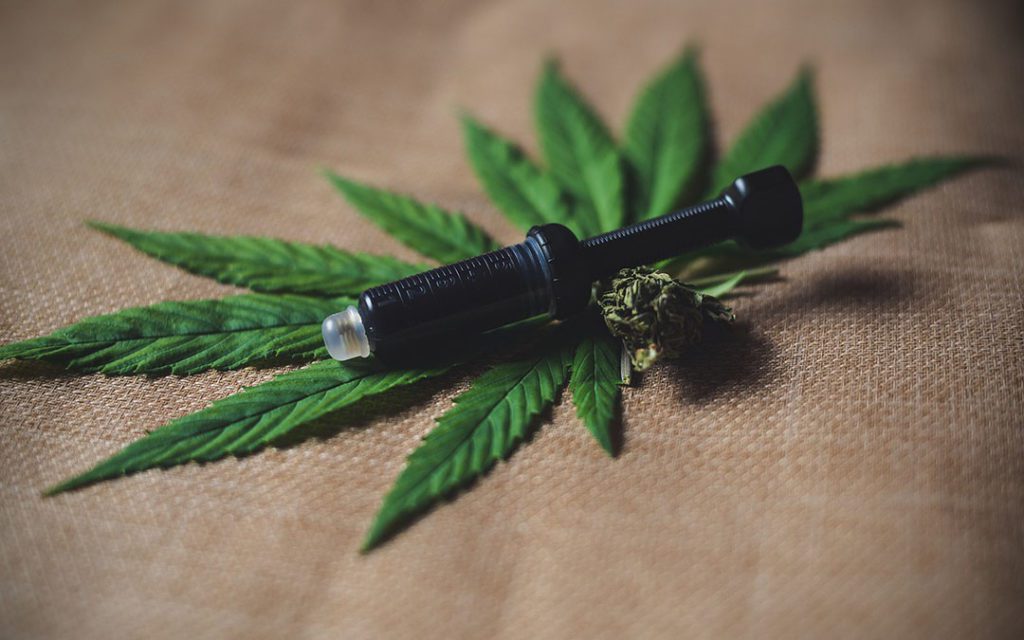Last week, we hit on medical cannabis questions related to what it is, risks, methods of ingestion, side effects, and where to get it. This week we will hit on some more of the common questions people have regarding medical cannabis.
Is there a difference between over-the-counter (OTC) cannabis products and prescription strength?
The chances are pretty good that you’ve seen CBD products available in over-the-counter creams, lotions, and oils. You might even see various food products in health stores that are infused with CBD, and that can lead you to wonder if it’s worth it to go through a physician.
Over-the-counter CBD products often come from hemp, a commercially grown plant characterized as having 0.3% THC or less (the federal limit). CBD production from hemp is largely unregulated, and dosages can be all over the place or nonexistent. With these OTC products, you often get what you get, and there’s no way to prove or monitor effectiveness.
Prescription-strength medical cannabis products that come from a registered pharmacy or dispensary have more rigorous regulations that they need to meet. The pharmacy or dispensary has to follow strict quality control and dosage guidelines to be certified, and the THC/CBD levels are carefully monitored. There are significantly more strains available through qualified sources that can treat specific ailments more precisely than non-prescription CBD.
Additionally, with a prescription, some states allow higher percentages of THC to be present in each dose. THC, for all of its negative reputation, can do some marvelous things to manage pain and sickness when combined with CBD, and the only way to get its benefits is through prescription.
What questions should you ask your doctor?
The questions you ask your doctor will vary dependent on your situation and health history, but some questions you could ask include:
- Does my ailment make me a good candidate for medical cannabis?
- What are some potential side effects?
- Can medical cannabis take the place of some of my other prescription drugs?
- Are there any known drug interactions?
- How do you suggest I take medical cannabis?
- Is CBD enough to help my condition, or would a combination of THC and CBD work better?
- Do you recommend any particular strains for my condition?
- Will my insurance cover any of the cost of medical cannabis?
- How might cannabis affect my everyday life?
What is the state registry?
Most, but not all, states require people who use medical cannabis to sign up for the state registry. Pharmacies, law enforcement, and doctors can access the registry to ensure that people’s claims to medical cannabis are lawful.
What are some safety precautions medical cannabis users should follow?
You should always follow the standard safety precautions you use with any other drug, prescription or otherwise, but there are some specific precautions for cannabis that you should also follow:
- Put everything away in the same place every time. This will ensure that you know where all the parts and pieces are, and it will also keep your stash away from prying or curious eyes.
- If you use glassware, make sure to clean it thoroughly every couple of uses. Dirty water is gross and can make you sick. Here are some tips for taking care of your glassware.
- Don’t use cannabis products when pregnant, and don’t smoke around children.
- Don’t drive, make huge life decisions, or operate heavy machinery while under the influence.
- If you smoke, do so in a well-ventilated space.
- Keep your cannabis products locked up whenever you’re done using them. Our stash boxes are beautiful, secure, and have space for your cannabis accessories, and all of our lockable smell proof bags will keep odors where they should be.
- Keep all cannabis products up high and out of reach of all children and pets.
- Hold on to all packaging in case of accidental ingestion by a pet or minor.
Can I travel with my medical cannabis?
This is a valid question, but the answer is a little iffy. There is obviously some element of travel involved when you drive from your preferred dispensary to your home, but even that can get a little dicey if you don’t have the proper paperwork with you. The short answer is that you should limit your travels with cannabis products as much as possible, and you should never cross state lines, even between two states where cannabis is legal.
The reason behind this is because cannabis is still considered a Schedule 1 drug under federal law. According to the federal definition, cannabis and cannabis products present a high risk for abuse, so they are not considered safe for consumption or possession. Even though both states you are traveling between may allow medical and/or recreational cannabis, the federal government has jurisdiction on the line between states. Is there a federal marshal waiting at every border, looking in every car for cannabis? No. But you should still exercise extreme caution and keep your stash away from state lines at all costs. If you need medical cannabis where you are going, you should try to get your products from a reputable local dispensary once you get to your destination.
Even when you’re traveling within the same state, you should make sure to check in with your local guidelines on what kind and how much cannabis you can carry with you at any given time. It’s also important to note that you should always carry your medical cannabis card, though some states do not recognize other states’ medical cannabis cards.
Can I work if I use medical cannabis?
The answer is, again, IT DEPENDS. Some employers prohibit cannabis use even when it’s legal in the state, and you have a recommendation from a certified doctor. Some companies allow low THC/high CBD strains but don’t allow smoking or vaping of any kind on the premises. Other companies do random drug testing that could detect days-old cannabis that you didn’t even use at work.
Your best bet is to read your company handbook and speak frankly with your human resource department. Present your case openly and discuss the reasoning behind your usage. More and more companies are being open-minded to medical cannabis, but you shouldn’t assume that your company is one of them. Even if they allow for medical cannabis, they probably won’t let you light up at the office, so you’ll need to discuss the when, how, and where you’re allowed to partake at work.
Medical cannabis can be a game-changer for people living with chronic pain and illness. Its natural anti-inflammatory and pain-relieving qualities make it ideal for people who want to manage illness through fewer pharmaceuticals. These FAQs were by no means an all-inclusive list, so don’t hesitate to contact your health care provider with additional questions you may have.

